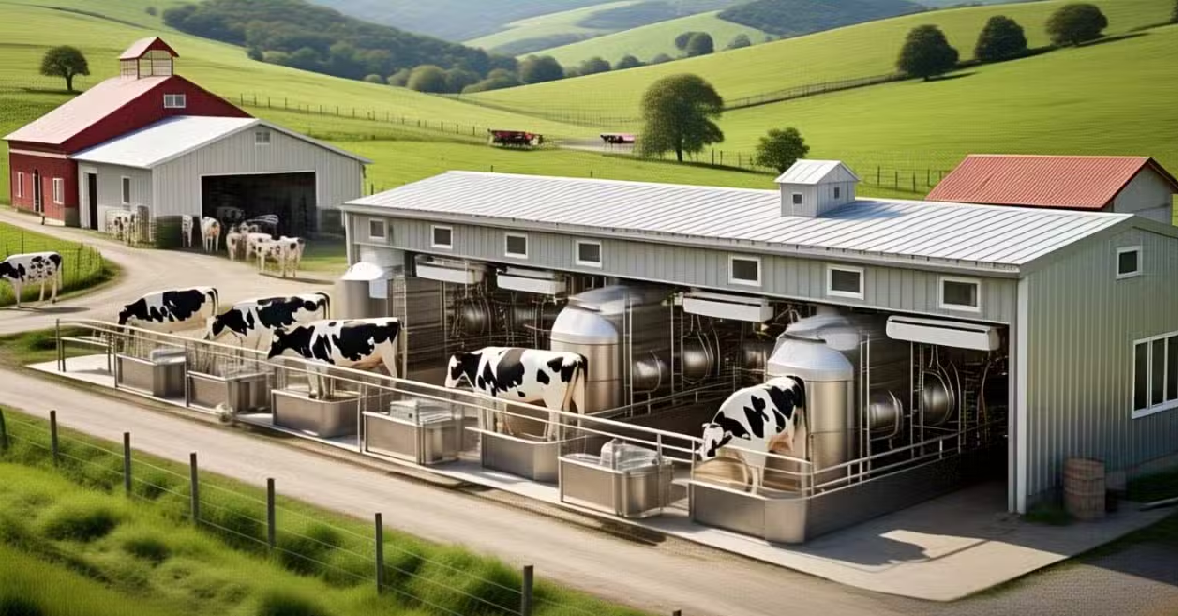Protecting Milk’s Nutritional Value with Modern Dairy Solutions
In Pakistan, where milk is a dietary staple, the dairy sector remains overwhelmingly informal and largely unregulated. Approximately 95% of milk consumed is sold as loose milk through a fragmented supply chain dominated by small vendors and milkmen. Despite being the world’s fourth-largest milk producer, Pakistan’s dependence on this informal system has serious consequences for public health.
Loose milk is vulnerable to contamination due to unhygienic milking practices, poor storage, and transportation issues. It is often exposed to microbial contamination and harmful substances such as antibiotics, pesticides, mycotoxins, and heavy metals. Moreover, adulteration with water, starch, urea, vegetable oil, and hydrogen peroxide further reduces nutritional quality and poses significant health risks—especially to young children.
In response, packaged milk has gained popularity as a safer and more reliable alternative. Using Ultra-High Temperature (UHT) processing, packaged milk ensures hygiene, longer shelf life, and preservation of nutrients. As urban consumers become more aware of food safety, demand for high-quality, traceable milk continues to grow. Packaged milk offers a practical choice for families prioritizing their children’s health, justifying its slightly higher cost.
READ MORE: Capital Gains Tax Expected to Rise in Upcoming Budget
However, improving Pakistan’s dairy safety and nutrition requires systemic change beyond consumer awareness. Tetra Pak’s innovative Dairy Hub model offers a market-driven, integrated approach by connecting small-scale farmers directly with dairy processors. This model focuses on quality, sustainability, and profitability throughout the supply chain.
The Dairy Hub facilitates consistent milk supply and equips farmers with access to best practices, scientific advisory services, and crucial infrastructure like milk testing and cooling facilities. By applying the reference farm methodology, farmers learn from peers to adopt proven techniques, accelerating dairy sector improvement.
To help scale this success, Tetra Pak has published a comprehensive Dairy Hub Handbook, compiling global challenges, case studies, and strategies to assist organizations and governments in replicating the model and strengthening local dairy systems.
Results from Bangladesh highlight the model’s potential: a 42% increase in milk production, a 56% rise in farmer incomes, and milk collection soaring from 3,600 to 19,000 liters daily. For farmers, this means formal economy inclusion and better livelihoods; for consumers, safer and more nutritious milk; and for the nation, improved traceability, public health, and regulatory compliance—fueling economic and social progress.
Tetra Pak envisions a future where every drop of milk consumed in Pakistan is safe and supports a resilient food system. The Dairy Hub is more than a solution—it is a blueprint for transforming the country’s dairy industry by empowering rural communities, enhancing food safety, and aligning with global nutrition and sustainability standards.
On World Milk Day, we celebrate not just milk as a vital food, but the systems that ensure it is safe, sustainable, and equitable. As Ban Ki-moon said, “Milk is a primary food staple for the world’s population of more than 7 billion people.” Tetra Pak’s commitment helps turn that staple into a promise of health, growth, and opportunity for all Pakistanis.
Explore the Dairy Hub Handbook on Tetra Pak’s website to learn how we can build a safer, sustainable dairy future together.



